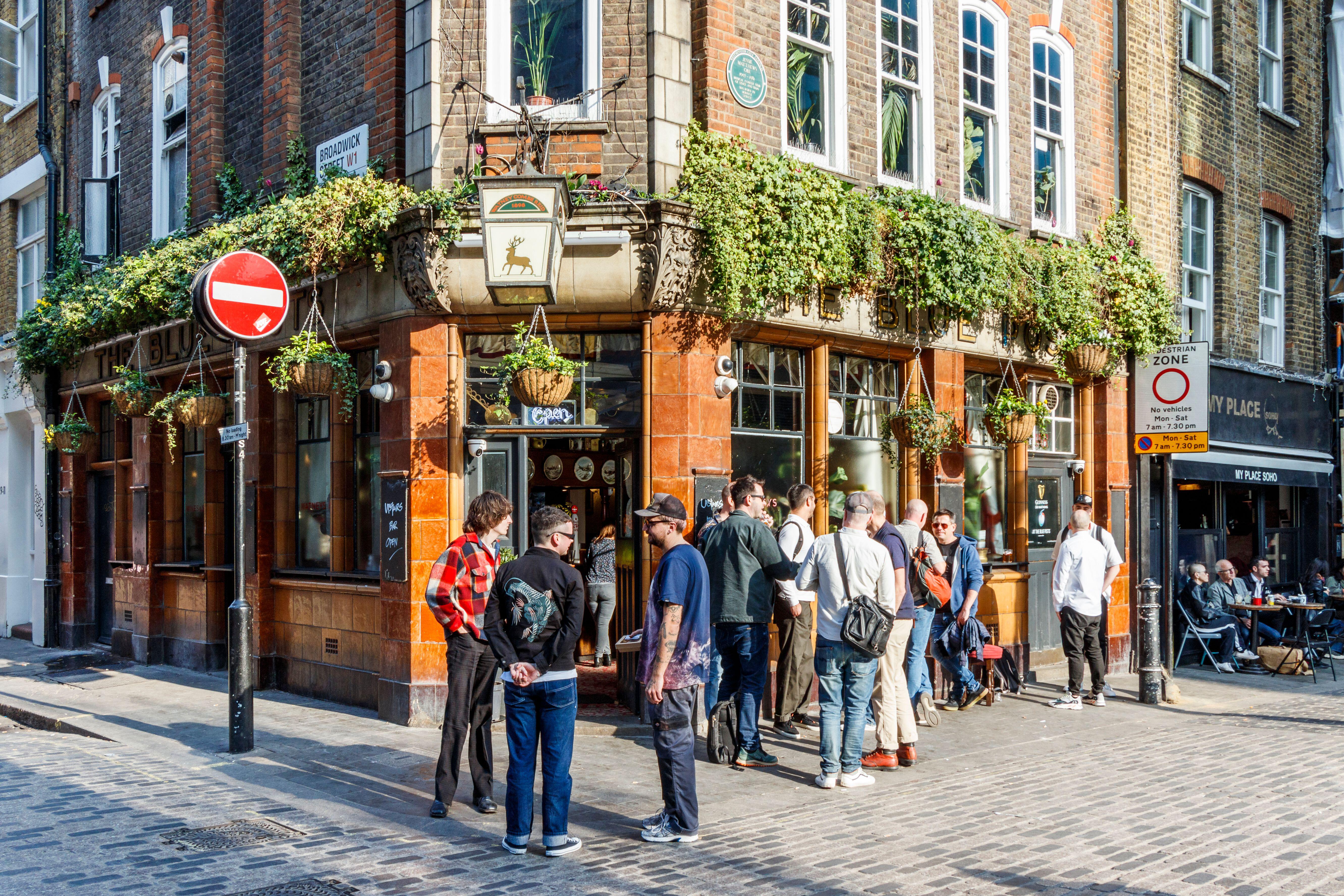We’ve been hearing pubs are in crisis for years. Here’s why it feels different this time
The energy crisis combined with an unprecedented squeeze on incomes is going to have an impact across the hospitality sector as people’s discretionary spending power evaporates. The consequences could be deeper than people realise, writes James Moore


One story has been constant on the long and winding road I’ve taken through journalism: pubs in crisis.
Britain has a deep emotional attachment to its boozers and, it appears, a deep and emotional attachment to fretting about their future.
The latest iteration comes via an open letter from the bosses of six of the UK’s biggest pub and brewing companies urging the government to act in order to avoid “real and serious irreversible damage” to the sector.
The first time I read a variation on that theme was – and it never fails to make me shudder to say this – roughly 30 years ago as a cub reporter on a local newspaper.
Following a move into financial journalism, I started writing the story, then editing it, then commenting on it. Needless to say, there was no shortage of pubs in which to drown one’s sorrows when the doom and gloom got too much.
However, this time it may be different.
Energy regulator Ofgem’s surging price cap, which will now be updated four times a year in a move that looks like it was made with the energy industry rather than the consumer in mind, increasingly looks like a failed policy.
Yet, the experience of some businesses tells you that it could be an awful lot worse without the very limited protection it affords. Some of them have entered a hellscape of 300 per cent plus increases, where they can even find quotes.
That’s bad enough. Worse still is the impact of the energy crisis on the wider economy. Bills like those faced by pubs, and other businesses, have to be passed on and will make themselves manifest in the form of higher prices. A £10 pint anyone?
At the rate inflation is currently going, people are soon going to have to take out a personal loan to cover the price of a round, and a second or third mortgage to cover the cost of a night on the town.
The alternative: staying home, inviting friends to stop by, and by the way there’s a Tesco 10 minutes walk from our gaff, becomes more attractive by the day.
It’s warmer in the den if you’re joined by four or five others too. Cheaper booze and cheaper heating? Everyone’s a winner.
So yes, this time that “pubs in crisis” headline feels different. This time it feels like more than just a hardy perennial to fill a space in the business news section. This time it feels real.
Here’s the thing: it isn’t just pubs. Cafes, already suffering from reduced lunchtime trade as a result of hybrid working, face similar pressures. So too do restaurants.
Cinemas have been starved of new releases, with mid tier films increasing going direct to streaming. Their costs are on the rise too.
And so it goes on, across almost the entire hospitality sector which, remember, arguably suffered more than any other as a result of the lockdowns Covid forced on Britain.
Its winter threatens to be long and extraordinarily cold. Some businesses will not make it through. The number could be quite large. The letter’s signatories probably won’t derive much satisfaction from saying “see, told you so” at the other end of this.
Those who suffer the most will inevitably be the people who lose their businesses and their jobs and their incomes and potentially their homes as a result of this.
But there will be a longer-term social consequence too, once the dust has settled.
All those places I mentioned are social hubs. Meeting places where people go to interact with their friends and colleagues and associates.
The potential consequence of their loss may be rising levels of isolation, potentially a more atomised society. The young, who value these places the most, who are among their keenest patrons, may feel this most keenly. But then there’s the old, a group already prone to loneliness and isolation.
The Japanese have long struggled with what is known as hikikomori – people suffering from a form of acute social withdrawal in which they remain shut indoors, usually in their parents’ homes. That’s the cliche, anyway: the young person, living their life online, whiling their hours away gaming. But the average age is actually 31. It is a cross-generational problem
Is Britain now poised to create its own hikikomori, as the places we used to go to socialise vanish?






Join our commenting forum
Join thought-provoking conversations, follow other Independent readers and see their replies
Comments